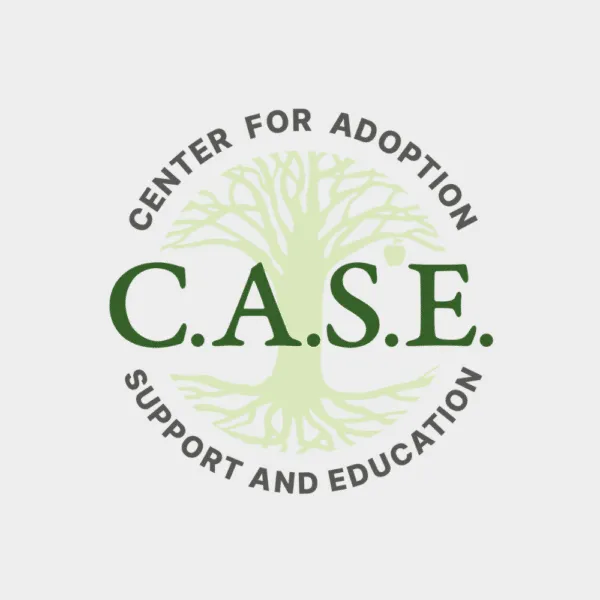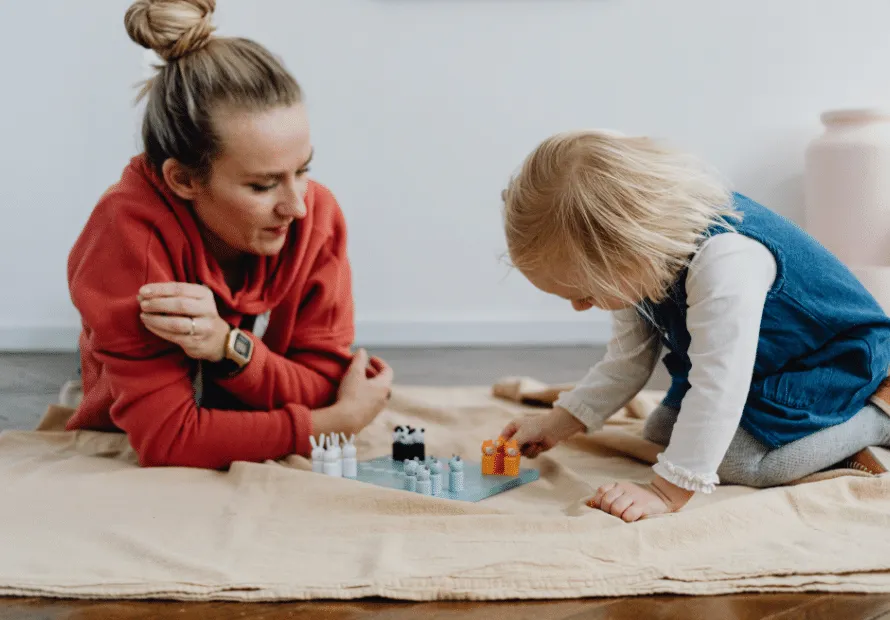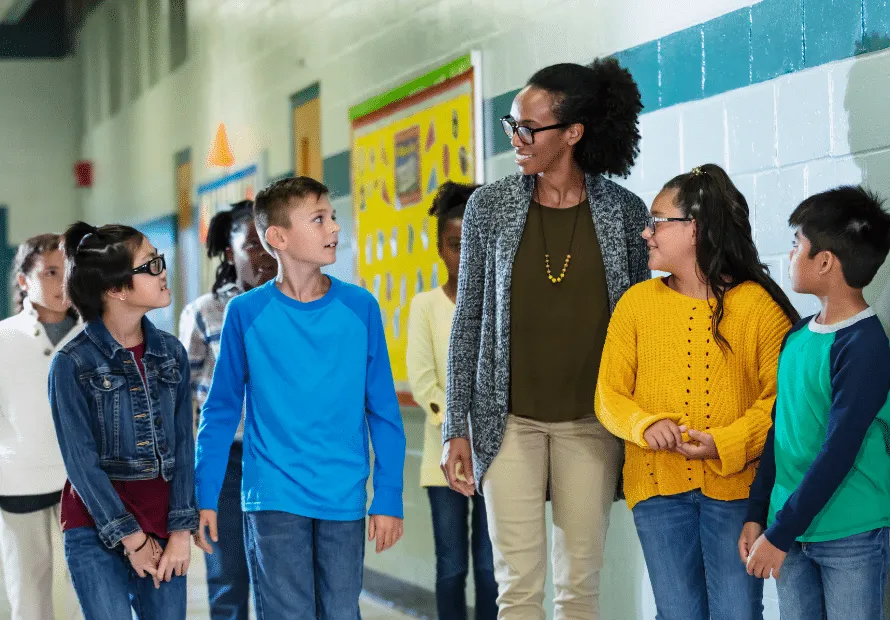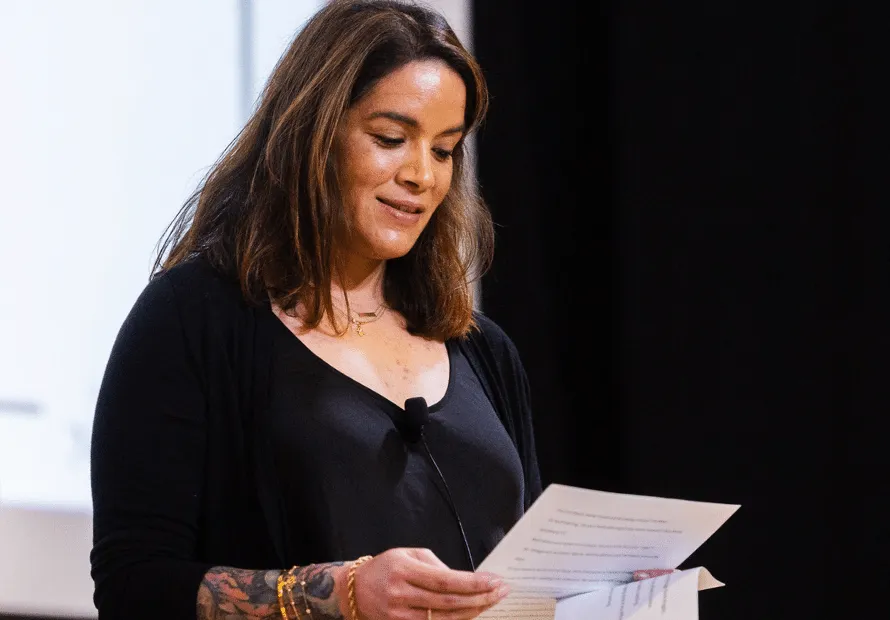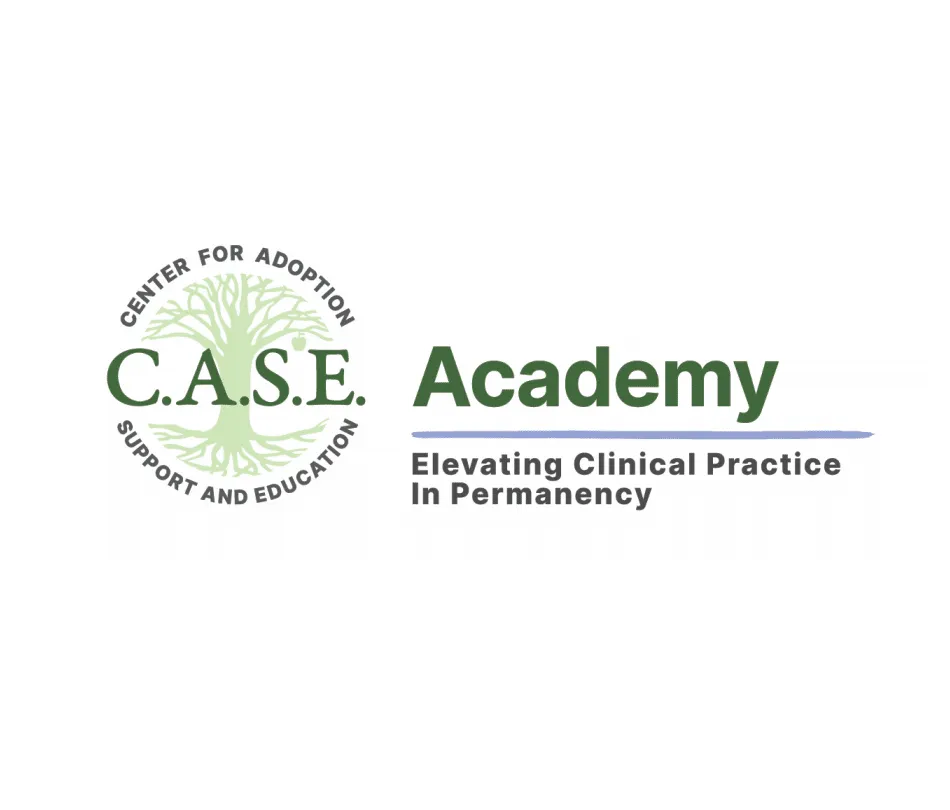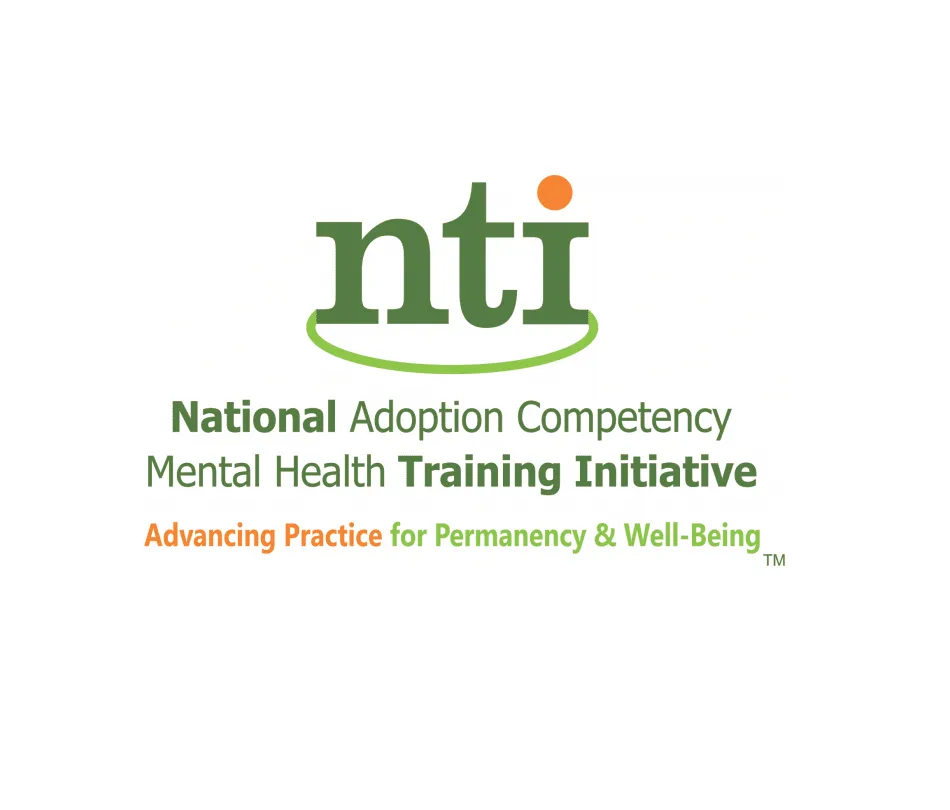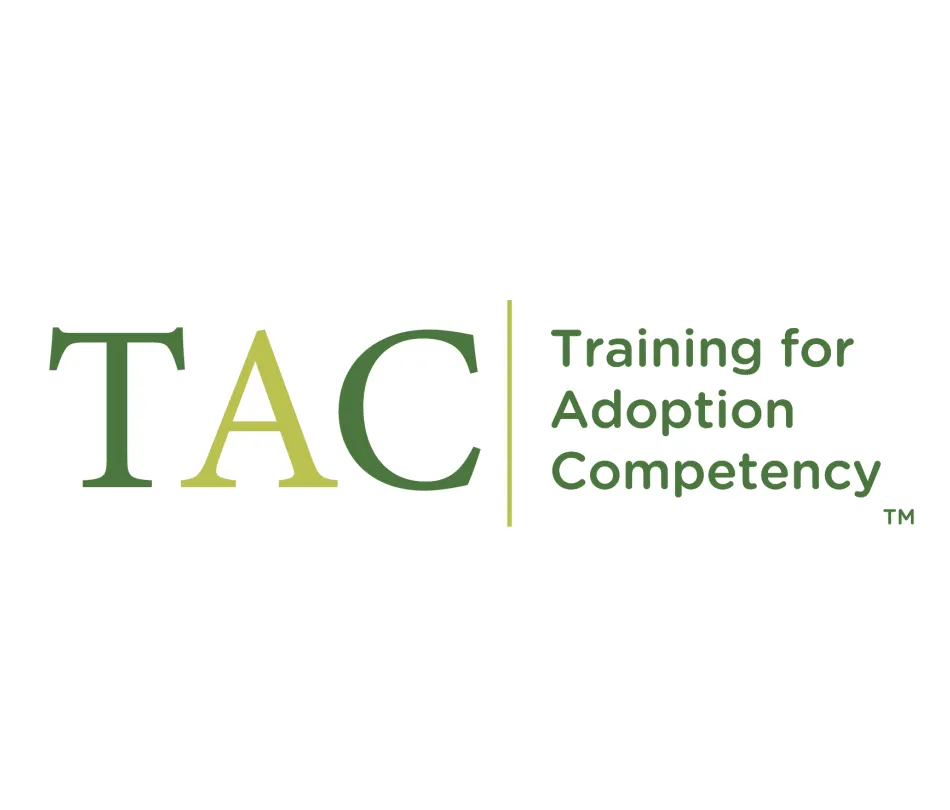Managing Expectations and Idealizations as an Adoptive Parent
Managing Expectations and Idealizations as an Adoptive Parent

Everyone who decides to embark on the journey of parenthood goes down the road with fantasies of what parenthood will be like, and more importantly, dreams about what their child will become as he grows up. Will they love soccer like I do? Will they excel at science? Will we have wonderful summer vacations at the beach, like we did when I was a kid?
As adoptive parents, we have the same dreams that all parents have, although we usually embark on our trip to parenthood with less information about the biological road maps of our children. Whether we adopt because of infertility or not, we are told we must set aside our ‘fantasy child’ to be emotionally prepared to love and attach to one who brings her own set of genes, family history, and talents. Logic tells us that they may look and be different from what we hoped our biological child would be like.
Many adoptive parents find this inability to predict frees them from the pressure of producing a Gap baby who will star in the spelling bee. They look forward to learning about their child and what special traits he will contribute to the family. For example, a child who is discovered to be artistically talented in a family where no such gift exists, is a pleasing, wonderful surprise.
But what happens when the surprises are considered negative or undesirable, or the child’s personality seems mismatched for the adoptive family? What if the child’s accomplishments are disappointing? Does adoption complicate how parents handle their expectations, dreams, or plans…especially when they are not going to be realized?
Expectations and the Idealized Child
‘I wonder if this whole adoption thing was a massive mistake. I think I’ve ruined my life. I wonder if I’m trying to make good out of bad genes. I think about returning him. I wonder if my birth child would have thrown spaghetti at me.’ (Jana Wolff, Secret Thoughts of an Adoptive Mother.)
The truth is, no kids-adopted, foster, birth, or step –ever really meet any parent’s ideal, and all parents experience some disappointment in their children. Adoptive parents may have an especially hard time with the loss of the fantasy child because it is easy to assume the fantasy would have been realized in the biological child. By Observing families created by birth, it is possible to see this probably would not have happened.
The loss of the idealized child becomes a problem for ALL parents, notes Elinor Rosenberg, author of The Adoption Life Cycle, if that child is not recognized and is ‘unconsciously imposed on the existing child – adopted or biological –who can never be seen and appreciated for who he or she is. Under these circumstances, parents live in a state of constant disappointment, and children, sensing their disappointment, feel they are not the person they are supposed to be, thus fostering feelings of inferiority.’
While adoptive parents may face disappointment, as all parents do, many of us worry that admitting it will mean we are rejecting our children. Just about the last thing adoptive parents want to do is to appear to be pushing their children away.
Plans and dreams for our children can also become a problem if they are just making up for what we missed. That scenario can be so problematic that Carl Jung once said, ‘The worst thing that can happen to children is the unlived lives of the parents.’
Expectations and the Idealized Family
Sam is jumping about in the pool’s locker room, finding dozens of reasons why his mother should not be permitted to put on his clothes after swimming. Exhausted after trying three separate and innovative forms of bribery and meeting only failure, his mother looks at the ceiling and exclaims loudly,’Good Heavens! Why did I decide to have this child?!!’
Now imagine the implications of hearing an adoptive parent, in the same situation, cry out, ‘Good Heavens! Why did I decide to ADOPT this child?!!‘ Most of us would never say anything like that out loud.
Yet, it is normal for parents to feel ambivalent about children. All parents struggle with the notion that they should love their children unconditionally and mothers in particular should love their children all of the time. In The Mother Dance, Harriet Lerner notes that parents, ‘must accept the obvious: that when it comes to love, the other person’s behavior always matters, even when that person is an infant or small child.’ It’s very typical for children to do things we wish they wouldn’t, and that influences our feelings…just as they are influenced by things they wish we wouldn’t do.
For some adoptive parents, it is especially hard to acknowledge normal ambivalence about their children. Most of us do not feel we have the luxury to be uncertain about them. We worked hard to adopt them, sometimes needing to convince family and friends that it was the right thing to do. We do not want to hear, ‘I told you so. Adoptive families are different.’
There are times when it seems the rest of the world is looking to confirm the suspicion that adoptive bonds are weaker and our children ‘second best’. It’s a nuisance that needs to be dealt with, particularly because we must model for our children how to handle this extra challenge, as they will also face it from time to time. Ironically, the pressures felt by some adoptive parents because of society’s expectations of what a family should be are not unlike the pressures we place on our children by holding onto preconceived notions of what they should be like.
Because ambivalence is normal and it helps to express it, adoptive parents often enjoy sharing these thoughts only with a group of friends or support group of parents who also formed their family through adoption. The chances are higher that they will be able to understand our concerns without questioning our commitment and love for our children. Friends who are not adoptive parents and know us well are also more likely to hear us out without thinking adoption is the cause of our ambivalence because they can acknowledge their own.
Although most of these feelings are quite normal, they can become dangerous if parents blame their disappointments and frustrations on the fact that the children are adopted. This scapegoating can create breaks in family bonds by separating or disowning the child (and his problems). Professional guidance can help to prevent this situation.
Children’s Expectations
I think I was adopted because I was an ugly baby. I must not be as good as the kids whose parents kept them.
It is not unusual for children who were adopted to use their own age appropriate, but limited, logic to understand their adoption story. They may expect or fear that their adoptive parents will ‘give them away’ as well. Sometimes their expectations impact ours. It is well known that school-age children may exhibit testing behavior to see if they can elicit rejection from their adoptive parents or others because they imagine their negative behavior may have been the reason their birth parents placed them for adoption. Rosenberg describes it this way: ‘The child asking, ‘Will you still keep me, even when you can’t stand me?’ This prompts the parents to ask themselves the same question.’ Sometimes it causes parents to revisit the fantasy child again.
If we recognize our expectations and how they affect our children, we can work to put them in perspective. We can choose to handle our ambivalence in ways that affirm our love for our kids. One of the unique challenges of adoptive parenting is to understand that our expectations exist side-by-side with those of our children, whose dreams and worries about the future are affected by adoption and their need to come to terms with what might have been. Success lies in shaping our family’s future together, drawing the map of our journey as we go.
Written by Ellen Singer, LCSW-C, Former C.A.S.E. Therapist trained in Adoption Competency and Marilyn Schoettle, M.A., Author of W.I.S.E. Up! PowerBook
Affiliate Link Disclosure: This web page contains affiliate links which means at no cost to you we will receive a small commission when you click and purchase a book through the link provided above. We only share resources we know, and trust will give our viewers valuable information.
